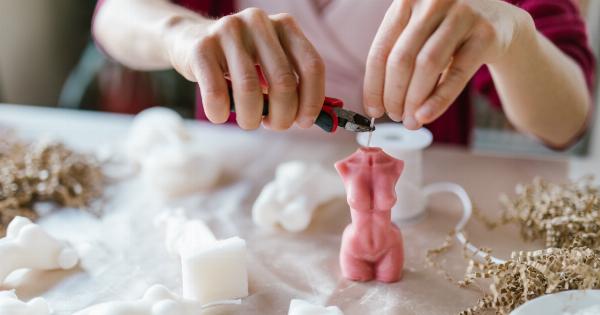Our teeth play a crucial role in our overall health and well-being, allowing us to chew food, speak clearly, and present a confident smile. However, many of us unknowingly engage in habits that can be detrimental to our dental health.
These habits may seem harmless at first, but over time, they can lead to tooth damage, decay, and even tooth loss. It is important to identify and address these habits to maintain a healthy and beautiful smile. In this article, we will explore ten common teeth-damaging habits that you never knew you had.
1. Teeth Grinding (Bruxism)
One of the most common teeth-damaging habits is teeth grinding. Many individuals grind their teeth unconsciously, especially during sleep. This habit can exert excessive pressure on the teeth, leading to enamel wear, tooth sensitivity, and even fractures.
If you suspect you grind your teeth, consult your dentist who may recommend a night guard or suggest other means to alleviate the problem.
2. Using Your Teeth as Tools
Using your teeth as tools is not only a bad habit but also a dangerous one. Many people use their teeth to open bottles, tear open packages, or even crack nuts.
However, this habit puts immense pressure on the teeth and can lead to chipping, cracking, and expensive dental repairs. Remember to use the appropriate tools for these tasks to avoid unnecessary damage to your teeth.
3. Chewing Ice
Sucking on or chewing ice cubes may seem refreshing, but it is an incredibly damaging habit for your teeth. The extreme cold temperature and hardness of ice can cause your teeth to weaken and develop cracks over time.
This habit can lead to sensitive teeth, enamel damage, and even tooth fractures. It’s best to avoid chewing ice altogether and opt for healthier alternatives to cool down.
4. Nail Biting
Nail biting is a common habit that tends to be done subconsciously. However, this seemingly innocent habit can have negative consequences for your teeth.
Constantly biting your nails exerts pressure on your teeth and can lead to tooth misalignment, chipping, and even jaw problems. Breaking this habit is vital for overall dental health and preventing potential orthodontic issues.
5. Brushing Too Hard
While brushing your teeth is crucial for maintaining oral hygiene, brushing too hard can be detrimental to your dental health. Aggressive brushing can wear down the enamel, irritate the gums, and cause gum recession.
It’s important to brush gently in a circular motion, using a soft-bristled toothbrush to prevent damage to your teeth and gums.
6. Excessive Consumption of Acidic Foods
Consuming acidic foods and beverages in excess can erode the enamel of your teeth over time. Citrus fruits, sodas, energy drinks, and even certain vinegars are highly acidic and can gradually wear away the protective layer of your teeth.
If you do consume acidic foods or beverages, rinse your mouth with water afterward and wait for at least 30 minutes before brushing to minimize the damaging effects.
7. Smoking and Chewing Tobacco
Smoking and chewing tobacco not only pose significant risks to overall health but also greatly harm your oral health. Tobacco use stains the teeth, causes bad breath, increases the risk of gum disease, and can even lead to oral cancer.
Quitting smoking or chewing tobacco is essential for maintaining healthy teeth and gums.
8. Using Toothpicks Incorrectly
While toothpicks can be useful for removing food particles from between your teeth, using them incorrectly can be harmful. Aggressive or careless use of toothpicks can damage the gums, cause them to bleed, and even lead to infections.
Always use toothpicks gently and with caution to avoid any potential damage.
9. Drinking Excessive Amounts of Coffee and Tea
Coffee and tea are popular beverages that many of us enjoy daily. However, excessive consumption of these beverages can stain your teeth. The dark pigments present in coffee and tea can gradually discolor your teeth, leading to a less vibrant smile.
It is advisable to limit your intake or rinse your mouth with water after consumption to minimize the staining effects.
10. Skipping Regular Dental Check-ups
Regular dental check-ups are crucial for maintaining good oral health. Skipping routine dental visits can result in undiagnosed dental issues and allows them to worsen over time.
Your dentist can catch early signs of tooth decay, gum disease, or other dental problems before they become severe. Make sure to schedule biannual dental examinations and cleanings to keep your teeth in the best condition.





























